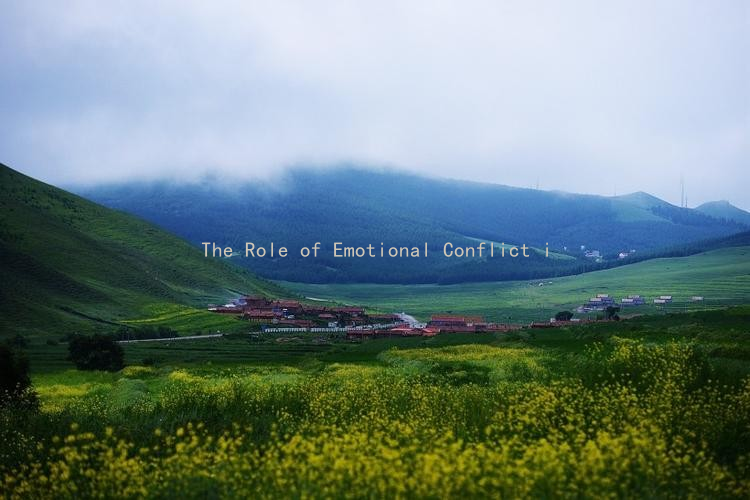The Role of Emotional Conflict in Sexual Relationships: What You Need to Know
The Role of Emotional Conflict in Sexual Relationships: What You Need to Know
Emotional conflict is an inevitable aspect of human relationships, particularly in sexual relationships where feelings can run deep and motivations can be complex. Understanding this dynamic can significantly enhance intimacy, communication, and overall satisfaction in a partnership.
To begin with, it’s essential to recognize that emotions often dictate how we behave in relationships. When emotional conflict arises—whether due to misunderstandings, jealousy, or unfulfilled needs—it can create a barrier to physical intimacy. Partners may find themselves avoiding contact or feeling disconnected, which can spiral into a cycle of dissatisfaction. Recognizing and addressing these emotional issues is critical for maintaining a healthy sexual relationship.
Communication is key when it comes to resolving emotional conflicts. Couples should strive to create an environment where both partners feel safe expressing their feelings without fear of judgment or reprisal. Open conversations about what each person is experiencing can not only identify underlying issues but also pave the way for deeper emotional connections. When partners articulate their needs and concerns candidly, they are more likely to foster a sense of understanding and empathy, which enhances their sexual relationship.
An important aspect of addressing emotional conflict is understanding personal triggers. Everyone has different sensitivities, shaped by past experiences and relationships. By learning what triggers emotional responses in a partner, individuals can approach conflicts with greater sensitivity and care. This awareness helps in preventing needless arguments and can even bolster sexual attraction, as partners feel more valued and understood.

Additionally, it’s crucial to prioritize emotional connection even in the midst of conflict. While it can be easy to allow disagreements to take over the narrative of a relationship, engaging in activities that strengthen the bond between partners can be beneficial. Simple gestures, such as spending quality time together or showing affection, can help to mitigate feelings of resentment or frustration, making it easier to approach sensitive topics when the time is right.
Moreover, seeking professional support, such as couple’s therapy, can be beneficial when emotional conflicts escalate. A trained therapist can guide couples through their disagreements, offering tools and strategies that promote healthy communication and understanding. Therapy can provide a neutral ground for partners to explore their innermost feelings without fear of backlash, ultimately leading to healthier emotional exchanges.
Finally, it’s important to remember that emotional conflict is not inherently negative. It can serve as a catalyst for growth within a relationship. When managed effectively, navigating through these disagreements can lead to enhanced intimacy and a stronger sexual bond. Partners who face emotional challenges together can emerge more resilient, equipped with a deeper understanding of each other’s needs and desires.
In conclusion, emotional conflict plays a significant role in sexual relationships, influencing everything from intimacy to overall satisfaction. By fostering open communication, understanding personal triggers, prioritizing emotional connections, and, if necessary, seeking professional help, couples can navigate these challenges effectively. Ultimately, embracing emotional conflicts as opportunities for growth can significantly enhance the sexual and emotional dimensions of a relationship, leading to a fulfilling partnership.





